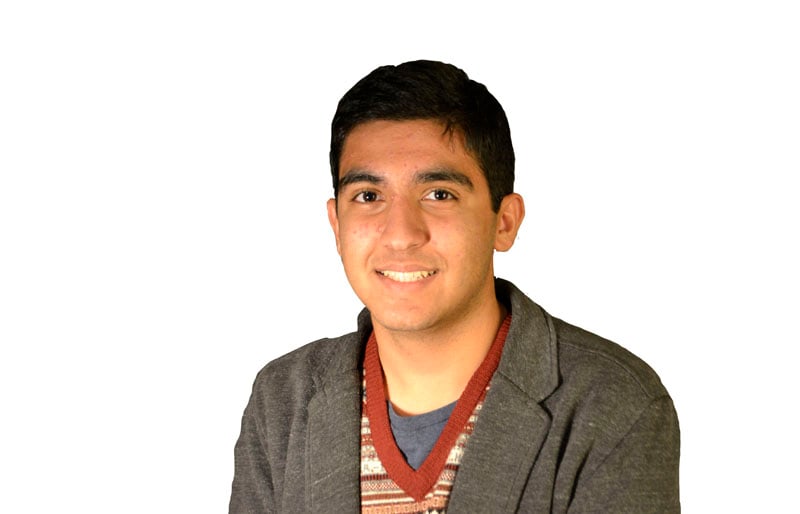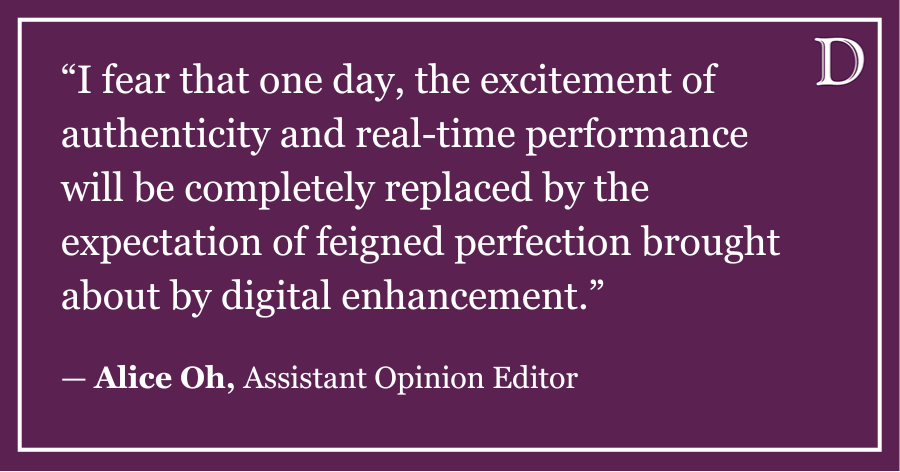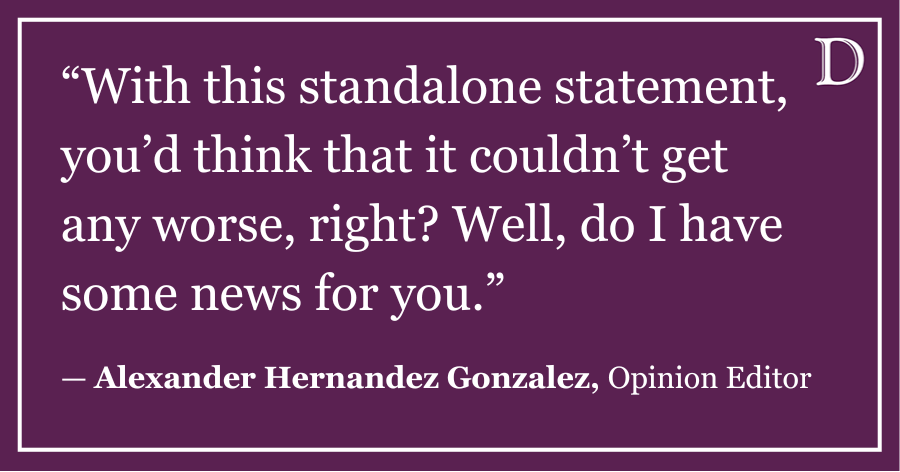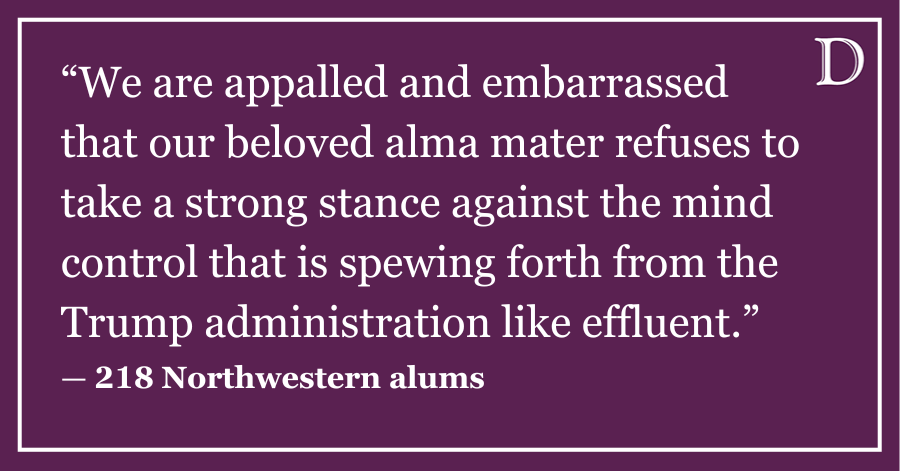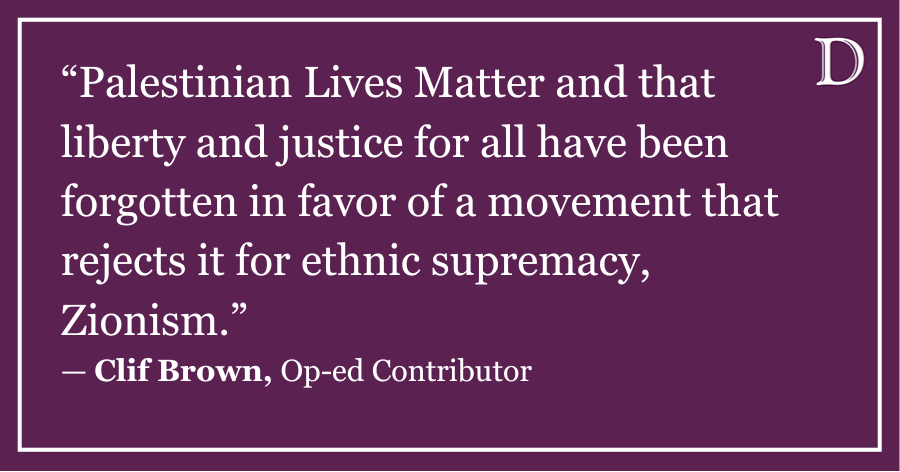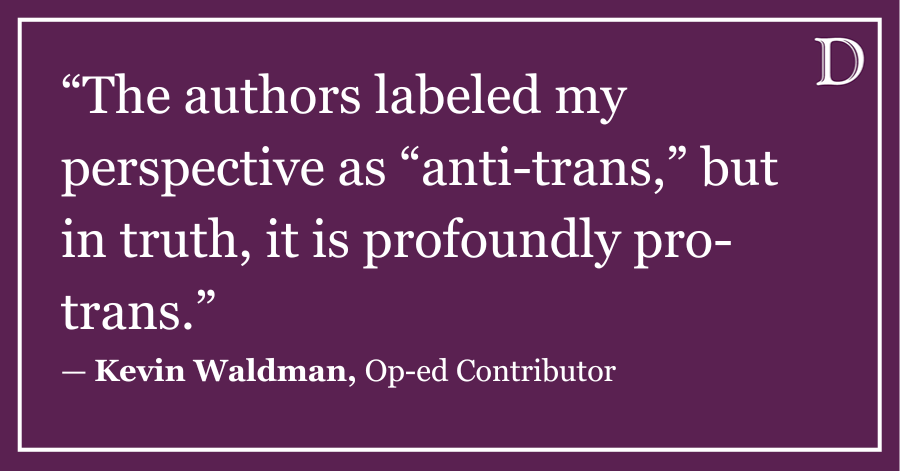Returning home for Winter Break — the first extended period of time I was back since coming to college as a freshman — I was struck by what I imagine is a common feeling: the unnerving dynamic of being in a “home” I don’t live in anymore. But I also noticed a peculiar balance of excitement to see friends and a nagging disappointment at the increasing disconnect between us.
Late at night in a parking lot, a couple of my friends and I sat in a car sharing our thoughts about the fear of losing friends as we drift apart to live our separate lives. And no, we weren’t smoking pot. The majority of conversations with people I knew from high school were playing catch-up about how life has been and summing up three or four months over a quick lunch. Others were too busy to even meet up at all. Three weeks wasn’t enough time to bring back the dynamic we shared when, for years, we got to spend half our days together, five days a week.
Back at home with my old friends, I increasingly felt like I was reaching out, hoping to grasp on to friendships that were fading, but others weren’t reaching back. One teacher told a friend of mine that as the years go on, high school friends begin to drop like flies.
I realized I fundamentally disagreed with that statement. When we go away, we don’t leave the past behind to slowly disintegrate. I thought back to sitting in the car — chatting, living, laughing — not just catching up. It was just like old times. Our continuing friendships weren’t forced — they were a testament to the enduring connections between us.
I began to think of friendships in school as analogous to a developing child in a mother’s womb. Just as our existence isn’t confined to the period of time during which we were formed, so our friendships are not confined to the times during which we “made” them. Like a womb, schools are safe environments where our relationships are nurtured. They are places in which we are institutionally brought together to get to know each other through shared experiences. In schools, we “make” friends.
Our four years of high school or college are not the times that define our friendships; they’re the times that allow those friendships to form. When we leave the nurturing walls of a school, we enter a period of our lives characterized by true friendship. These bonds are tested, and the reality is you won’t still hang out with everyone you used to.
Leaving behind a community characterized by the comfort of acquaintances can be difficult, but we must leave it to experience the robust strength of true friendship. Many will inevitably “drop like flies.” Most of us are starting to face that.
But true friendships will bear on. Despite distance, mutual connection and understanding that was developed during those years spent together will keep you close. In one way or another, true friends will be companions for life.
Naib Mian is a Medill freshman. He can be reached at naibmian2017@u.northwestern.edu. If you want to respond publicly to this column, send a Letter to the Editor to opinion@dailynorthwestern.com.

